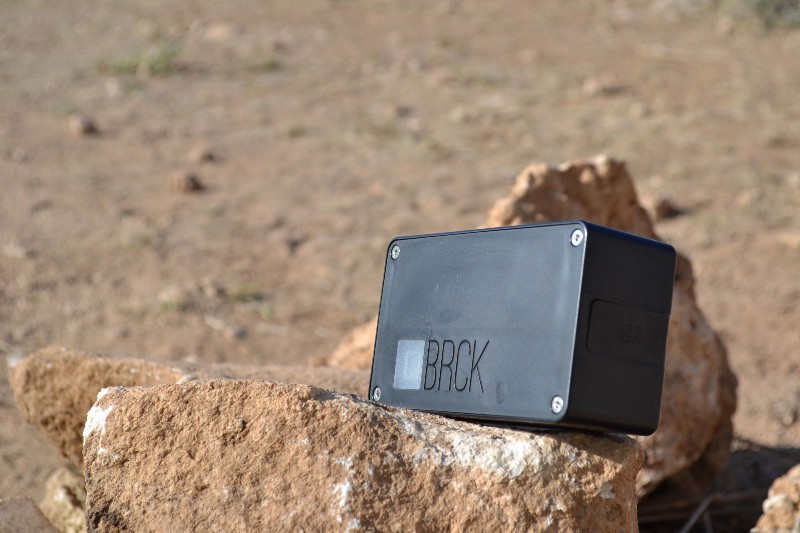Stories on the past, present, and future of the information superhighway

Online Shopping For More Than Just Good Value
Just as none of us has exactly the same combination of shopping habits and values, what we’ve lost as shopping becomes more and more a digital act is also more personal and specific–I only hope that no single experience will dominate.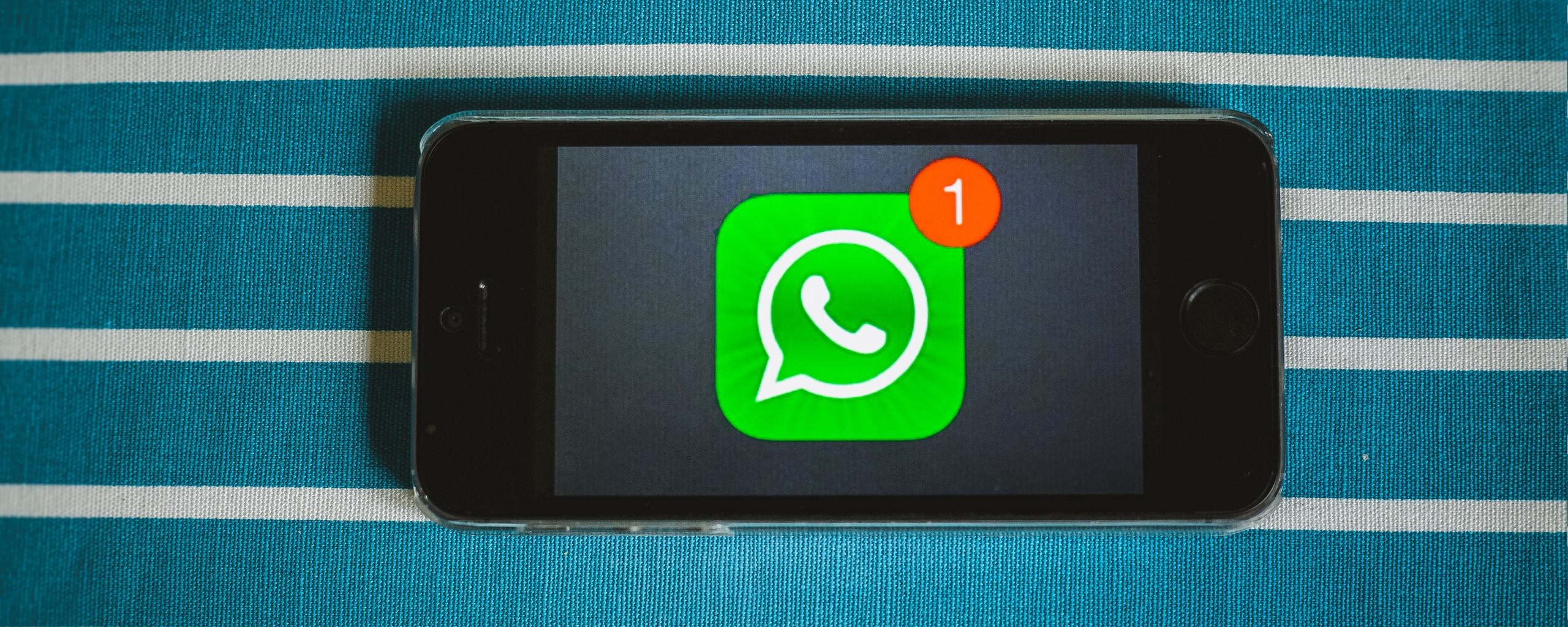
WhatsApp Wants You To Stop Sharing Fake Stories
WhatsApp has key differences with platforms like Facebook and Twitter: it is private social media, which makes it harder to study its impact on democracy.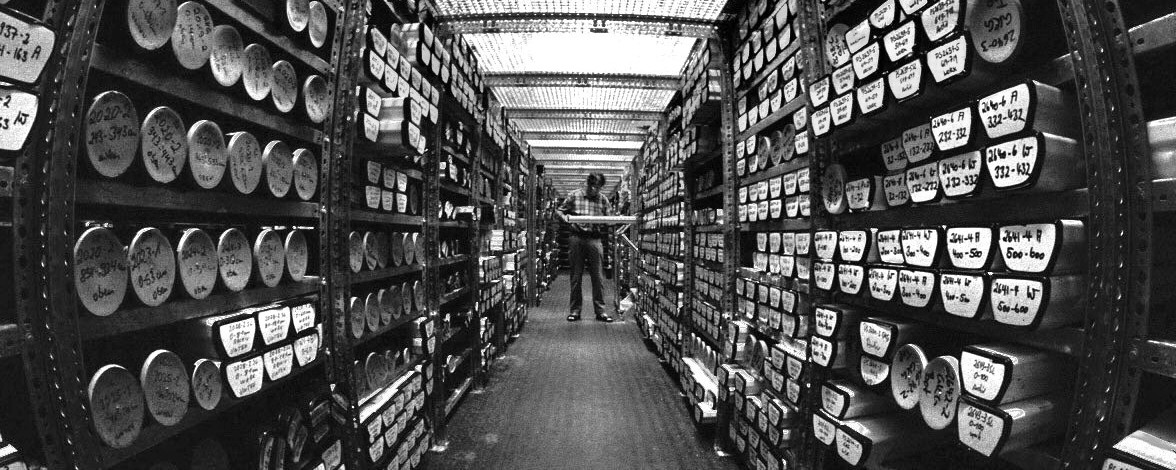
Archiving the Infinite Stream
There is a sort of negligent impermanence to so much of what we put online. Quick hits, falling off the feed just as quickly. Whole platforms with impermanence built in, content meant to disappear after a set amount of time. What kind of stories are we allowed to record and keep?
Please YouTubers, Don’t Make Us Pay To Interview You
Why should someone whose days are spent talking to a camera for money not talk to a journalist for money as well? Where’s the collaboration? Where’s the audience sharing? Where’s the contract?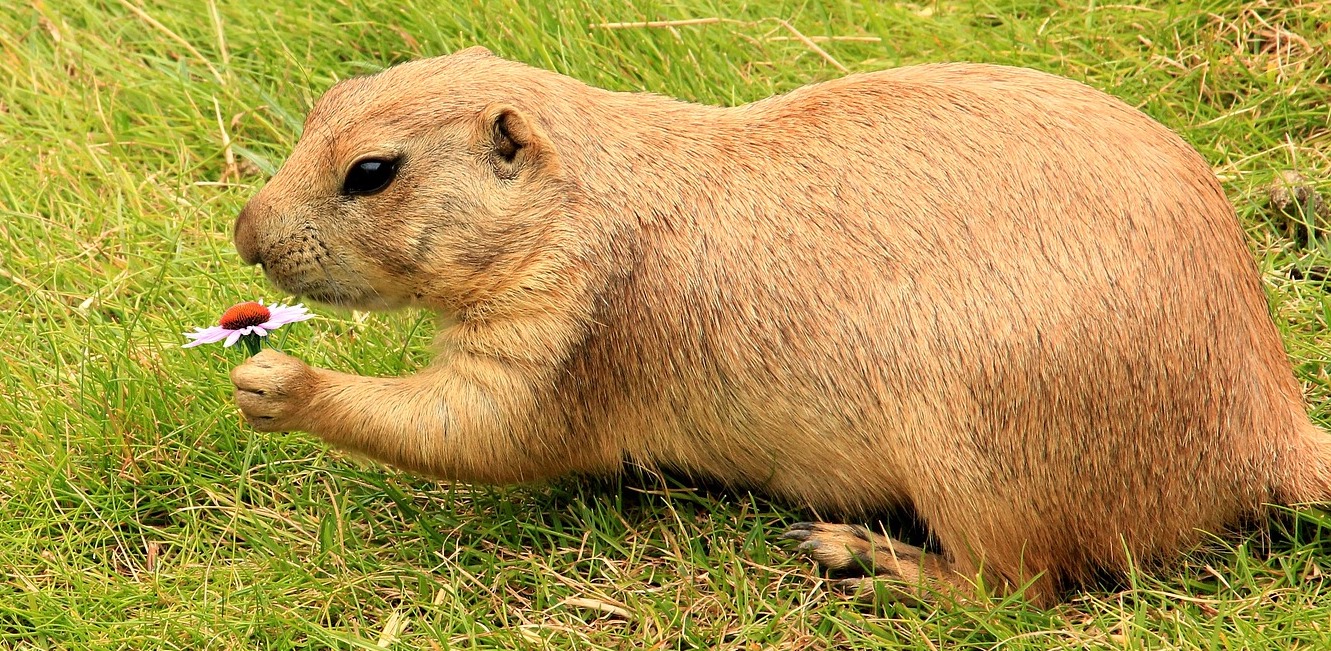
Gone Gone Gopher
Today we “browse the web,” but we almost ended up “digging around in Gopherspace.”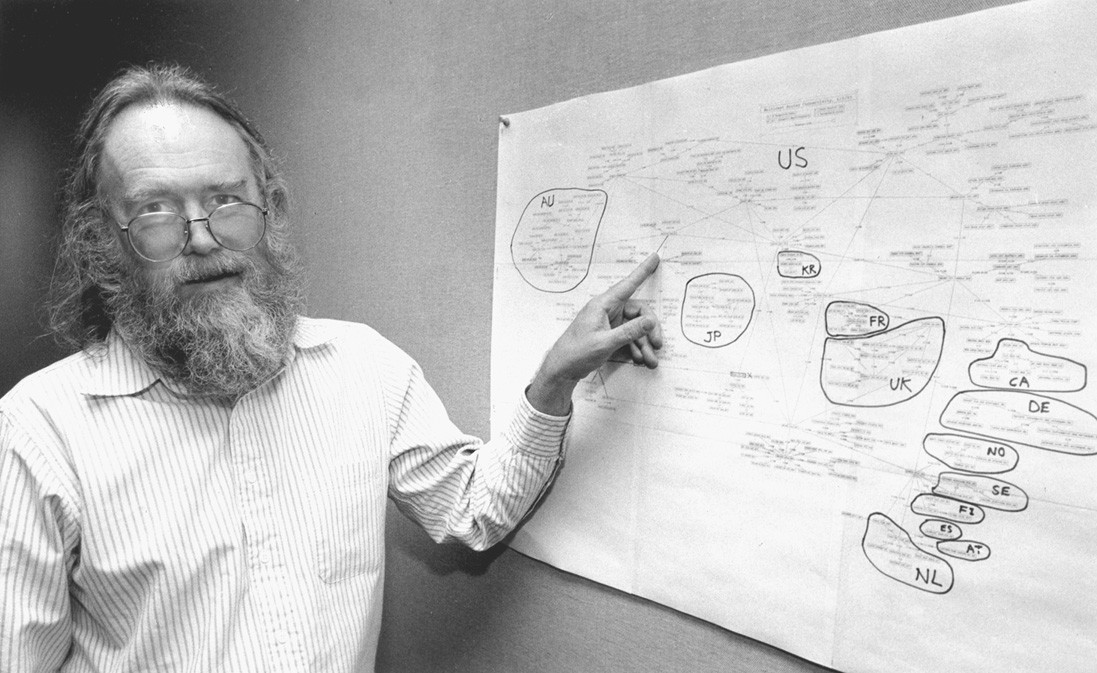
Meet Jon Postel, the Man Who Invented dot com
“If the Net does have a god, he is probably Jon Postel.”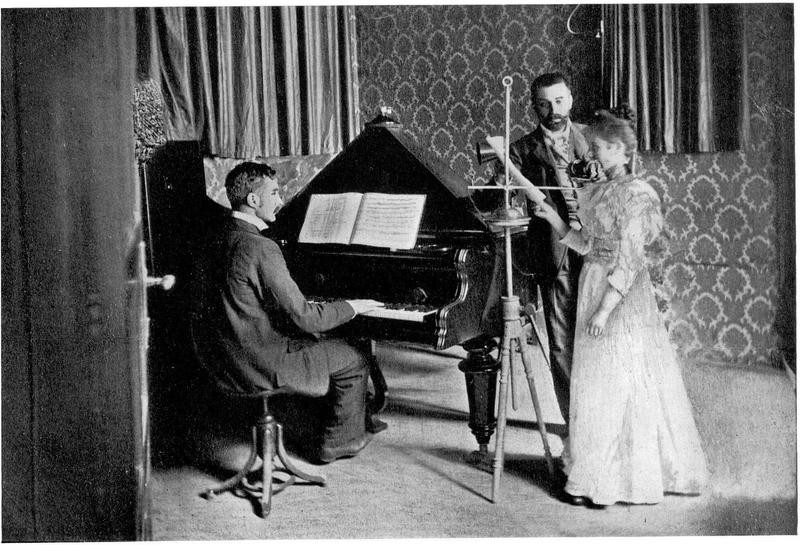
The Nearly-Webs
Five weird ways we’ve tried to connect.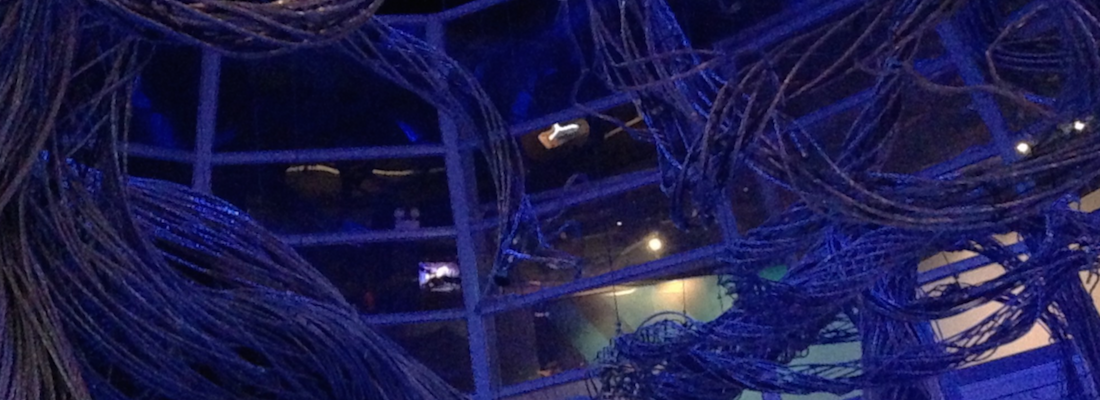
Welcome to Onionland
An interview with journalist Jamie Bartlett about innovation on the Dark Net.
TV Shows Could Power the Internet of Things
Energy efficient chips can communicate with each other, powered only by ambient communication waves.